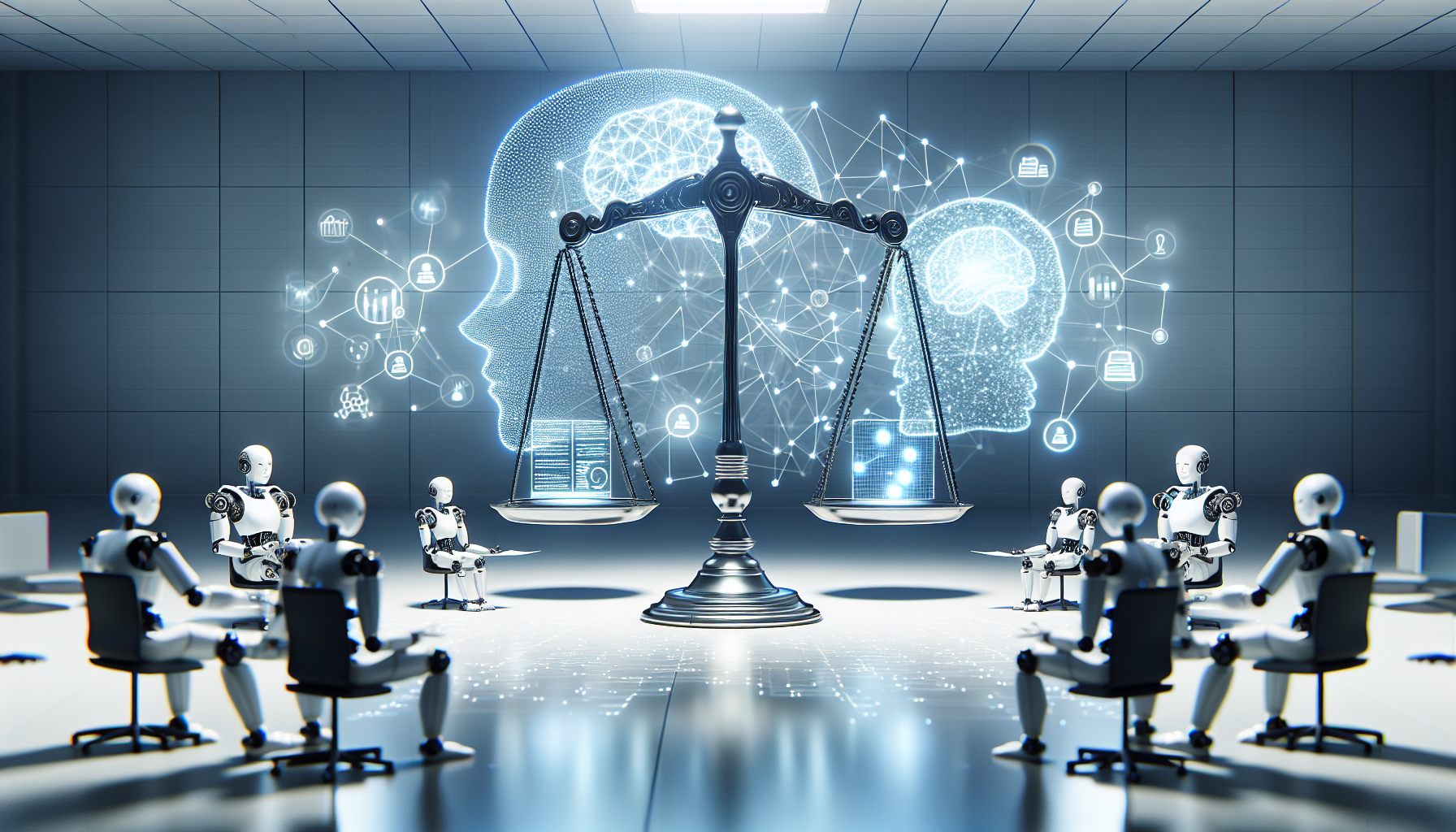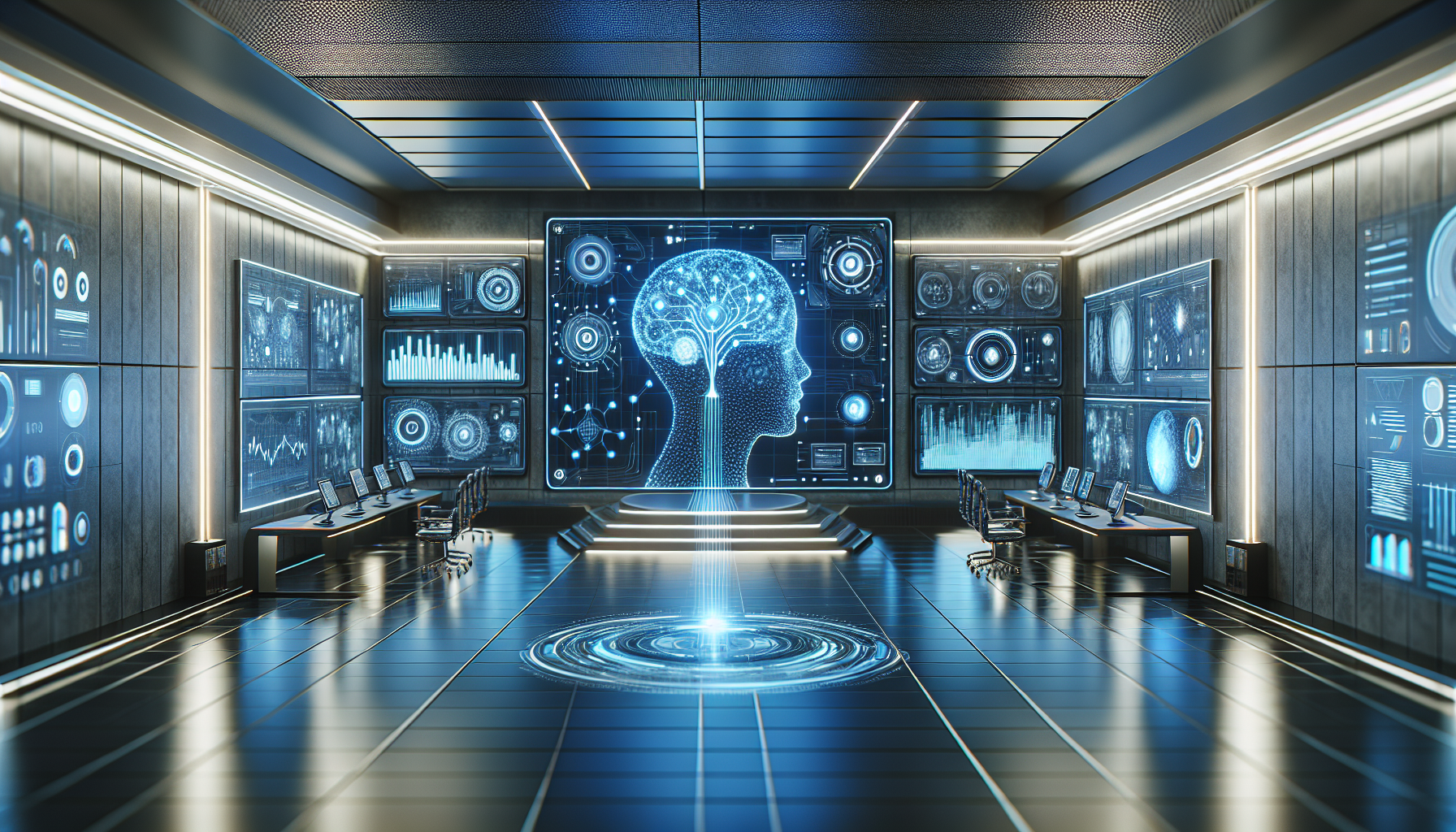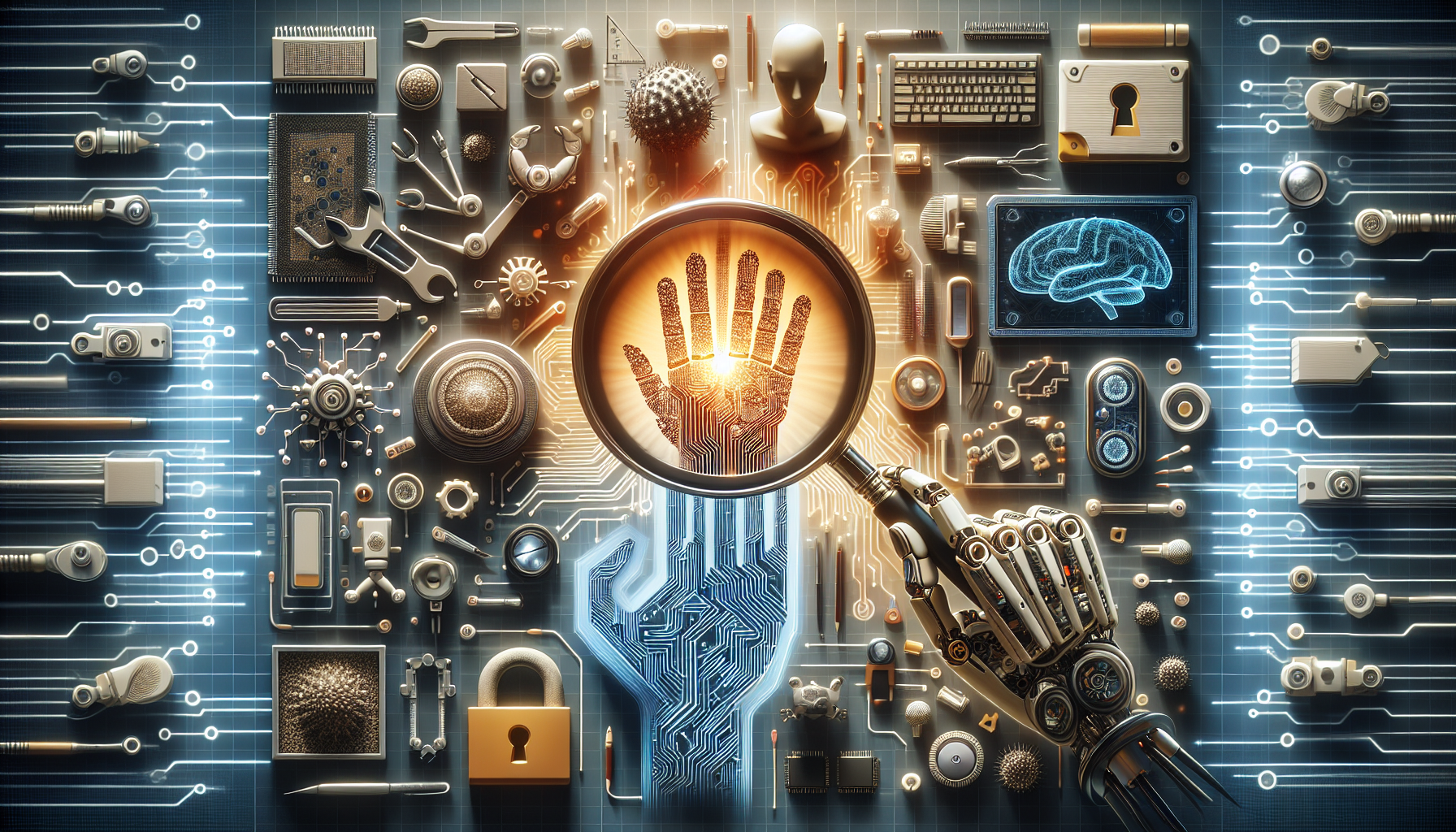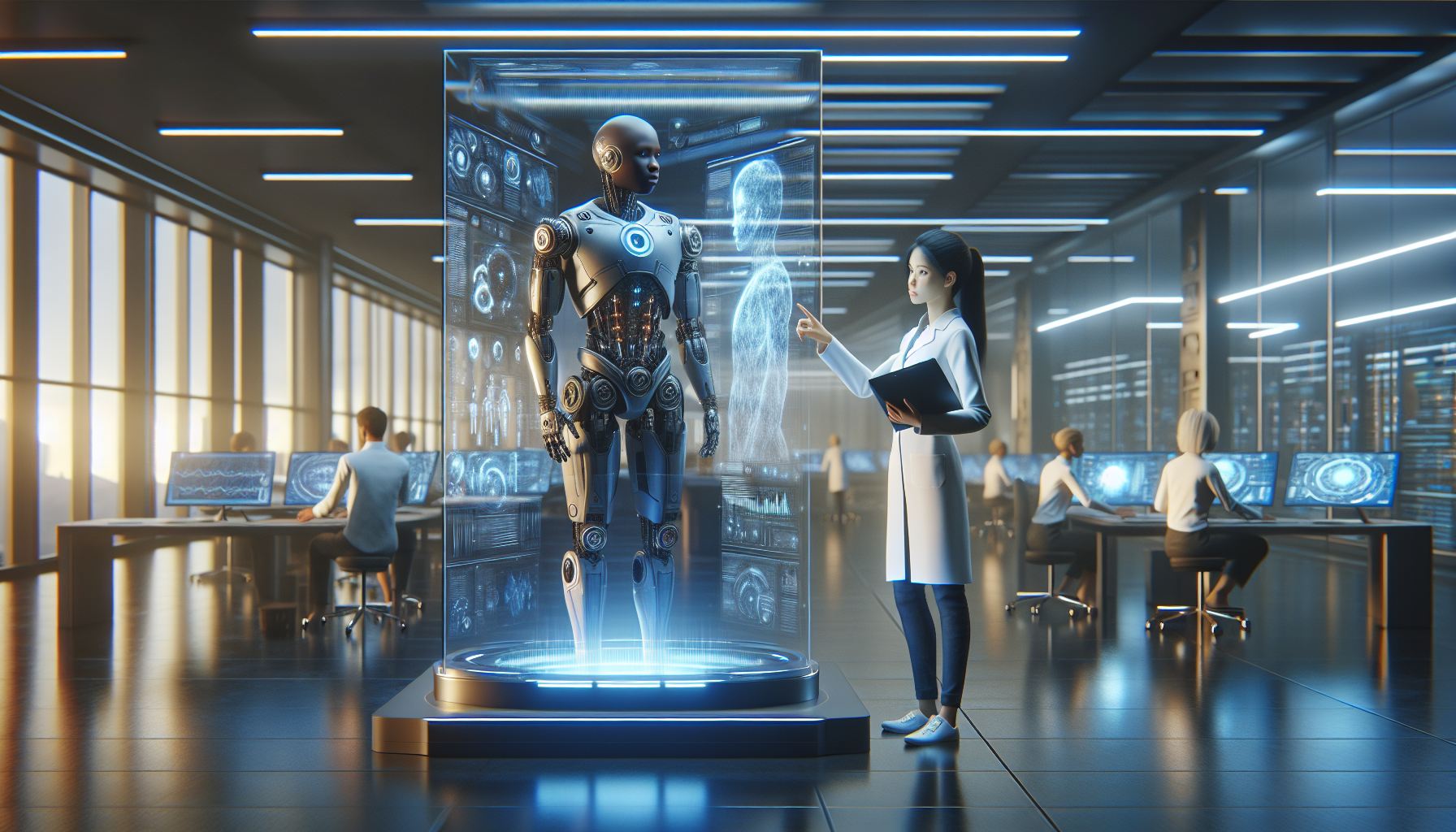
AI in Healthcare: The Doctor Will See You Now-And It's a Robot!
May 4, 2025
Isn't it comforting to know that your next doctor's appointment might involve a stethoscope-wielding robot with less bedside manner than a vending machine? Welcome to the era of artificial intelligence in healthcare, where your future physician could be a charming algorithm with a healthy dose of humor—or at least, one hopes.
Imagine a world where your general practitioner is more like a general processor. AI is infiltrating healthcare not with a scalpel but with silicon chips, and it's transforming the way we diagnose, treat, and even chat about our ailments. Just think: a stiff upper lip is now a literal possibility, thanks to AI-enhanced prosthetics.
But before we dive deep into the labyrinth of AI's healthcare revolution, let's address the elephant in the room—or rather, the robot in the clinic. The idea of an AI being responsible for our health might sound like a futuristic fantasy or a dystopian nightmare, depending on your perspective. But rest assured, these digital doctors are here to assist, not replace. After all, a robot can’t hold your hand through a tough diagnosis—though it might offer a surprisingly firm handshake.
AI's potential in healthcare is vast, but let's start with diagnostics. Picture this: you walk into a clinic, and instead of the usual waiting room drudgery, you're greeted by an AI that quickly scans your symptoms, possibly with a scanner that looks suspiciously like a hairdryer. It's like WebMD on steroids—minus the panic-inducing self-diagnosis of rare tropical diseases. AI algorithms can analyze medical data with a speed and accuracy that would make Sherlock Holmes envious, identifying patterns that are invisible to the human eye. Who knew that your doctor would soon be channeling the spirit of Watson, but not the one you were thinking of?
Then there's treatment. AI-driven robots are already assisting in surgeries, providing precision that even the steadiest surgeon's hand can't match. Imagine a robotic arm that makes fewer mistakes than you do when trying to assemble IKEA furniture. These advancements allow surgeons to take on complex procedures with enhanced accuracy, meaning fewer "oops" moments in the operating room. Of course, these robots don't wear scrubs, but they do bring a whole new meaning to the term "cutting-edge technology."
Beyond the operating theater, AI is reshaping patient care with personalized medicine. It's like having a bespoke suit, but for your health. By analyzing genetic data, AI can help tailor treatments to the individual, making one-size-fits-all healthcare a thing of the past. Who knew your DNA could be the ultimate prescription pad?
Let's not forget about the administrative side of healthcare, where AI is really flexing its bureaucratic muscles. AI is streamlining the paperwork that clogs up healthcare systems like a bad cholesterol. From scheduling appointments to managing patient records, AI is proving that it might not have a heart, but it sure can handle heartburn-inducing paperwork with aplomb.
But it's not all sunshine and silicon. The rise of AI in healthcare raises ethical questions that could outnumber the vitamins in your medicine cabinet. What happens when a machine makes a wrong diagnosis, or worse, prescribes the wrong treatment? Who takes responsibility—the creators, the operators, or the machines themselves? And what about privacy? With AI systems crunching vast amounts of personal data, the risk of breaches looms larger than an overfilled prescription bottle.
Despite these challenges, the benefits of AI in healthcare are too significant to dismiss. The potential for improved patient outcomes, increased efficiency, and reduced costs is simply too promising. But as we embrace this brave new world, it's crucial to remember that AI should enhance human capabilities, not replace them. After all, while a robot can analyze your lab results, it can't offer the same empathy and understanding as a human doctor—at least not yet.
So, the next time you're at your healthcare provider's office and a friendly robot offers to take your blood pressure, don't be alarmed. Consider it a glimpse into a future where AI and healthcare professionals work hand in hand—or metal appendage to human hand, as the case may be.
As we continue to integrate artificial intelligence into our healthcare systems, we must ask ourselves: How do we balance the efficiency of machines with the empathy that only humans can provide? The answer may redefine not just healthcare, but our understanding of what it means to care.


